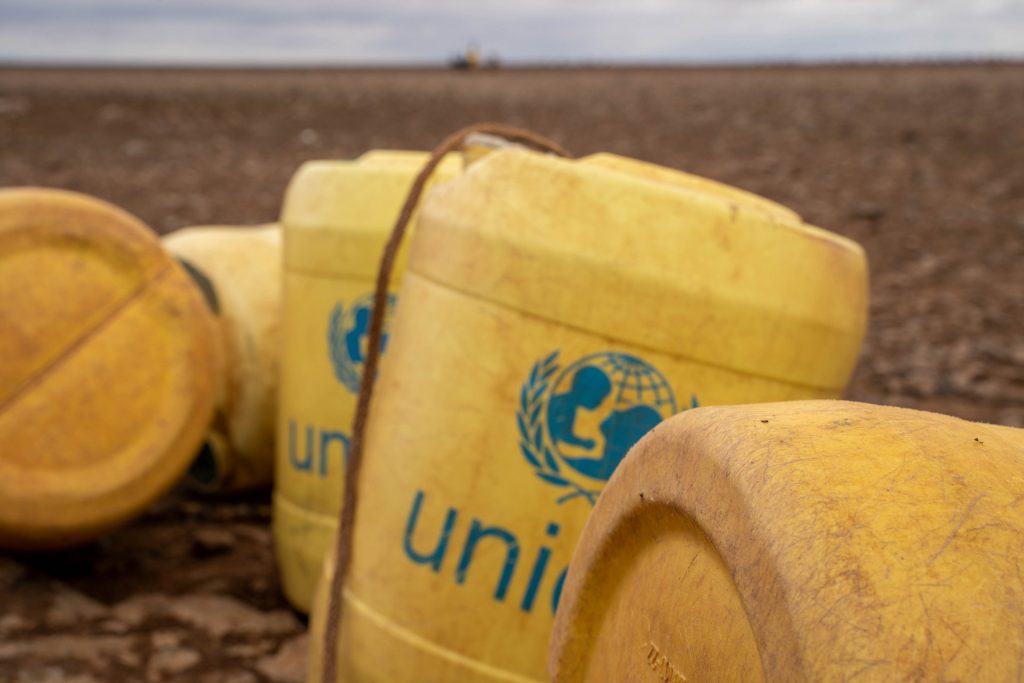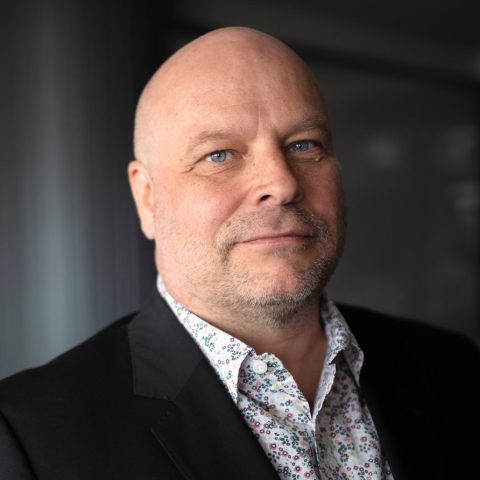The UN is faltering, but the world cannot survive without it

This is a joint article by Helena Laukko, Executive Director of the Finnish UN Association and Tomi Järvinen, Executive Director of Finn Church Aid. It was originally published in Finnish in Helsingin Sanomat on 22 September 2025.
In the current global situation, it is paramount to improve the functioning and resources of the United Nations.
THE UNITED NATIONS GENERAL ASSEMBLY which saw world leaders start their debate on Tuesday 23 September, is being held at a time when the multilateral system is being challenged more than ever before.
When the UN was founded 80 years ago, the aim was to protect future generations from the horrors of war; to prevent new wars by establishing common rules. The system was built as a forum for cooperation between the world’s nations and also as a safeguard for the weakest.
The world is changing, and the UN must change with it in order to maintain its legitimacy. Now, the foundation of the system is threatened by the erosion of international rules. The UN Charter and the rules of international law are being violated on an ever-larger scale, and human rights violations are becoming more common. This can be seen in many crises around the world, such as in Sudan, Afghanistan, Russia’s war of aggression in Ukraine, and Gaza, where, according to an independent UN commission of inquiry, genocide is taking place.
The rule-based order is not eroding on its own, but is being deliberately undermined by some member states. The General Assembly must now reaffirm its commitment to the values of the UN, to funding the work of the organisation, and to supporting reforms.
In the current global situation, it is extremely important to improve the UN’s capacity and resources. The role of the General Assembly in matters of peace and security must be strengthened. The Security Council should be expanded and the number of rotating members increased.
Investing in war, not peace
Joint action to build security is urgently needed, but right now the world is investing in war, not peace.
A recent UN report states that last year, $2.7 trillion was spent on military expenditure worldwide. Eradicating hunger in the world would cost $93 billion, or less than four percent of this amount. A fraction of the funds spent on armies and weapons could finance education for every student in low- and lower-middle-income countries and finance climate change adaptation in developing countries.
Instead, many countries are cutting back on the support that builds peaceful societies and helps victims of war and conflict. Many UN agencies have had their funding cut by up to 40 per cent. The consequences are already visible: millions of people are left without food, healthcare, and protection.
According to the World Health Organization (WHO), vital medicines are lying in warehouses and clinics are being closed. The children’s organization UNICEF estimates that six million children will be unable to attend school due to the cuts. The World Food Programme (WFP) can only feed one million of the three million hungry people in Afghanistan. The UNHCR says that the cuts could deprive 11 million refugees of aid.
Small countries benefit from rules-based system
Small countries in particular benefit from a rules-based and multilateral international system. Developing countries also consider a strong UN system to be an important means of influencing common global issues.
In Finland, too, history shows that the multilateral system provides us with security. It supported our reconstruction after the Second World War. Over the decades, Finland has benefited from development cooperation and diplomacy. They have helped us build our role in peace mediation and ensured sustainable development.
There is no substitute for the UN, so investing in its reform is important for all of us. Sustainable peace is not built on weapons, but on shared values, human rights, respect for international law, and sustainable development.
Small countries can still influence the emerging new international order. Now is the time to invest in future generations and hope, rather than fear.
Finland must do its part to secure funding for development cooperation and consistently defend the rules-based system. Finland has a proven track record in areas such as gender equality, women’s and girls’ rights, education, and peace work. This expertise will also be helpful in the UN of the future.
—
